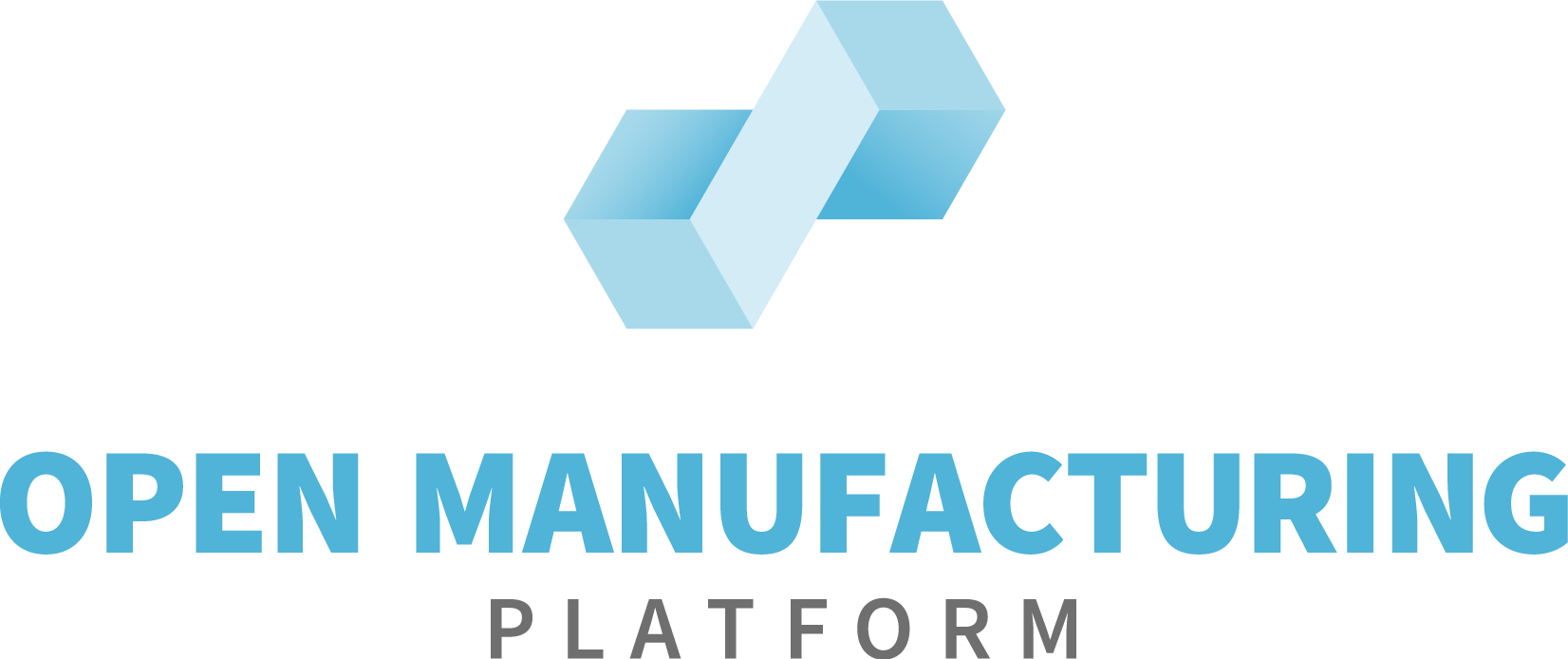Open Manufacturing Platform

Landing page for Open Manufacturing Platform in GitHub
Announcing the Semantic Stack Python SDK Aspect Model Loader
(2022/10/12) - In November of 2021, the OMP SDS Working Group delivered a vital tool called the SDS SDK, which contains artifacts and resources for all parties intending to use, extend, or integrate with the BAMM Aspect Meta Model, including solution developers, domain experts, or OEMs. At its core are elements that help users work with the BAMM Aspect Meta Model (BAMM), including components to load and validate models and generate artifacts such as static classes and documentation. To fully leverage BAMM, features include language-specific meta-model implementations, code generators, validators, etc.
To this end, the SDS Working Group has released the Semantic Stack Python SDK Aspect Model Loader in its initial version, 2.0.0, based on the BAMM Aspect Meta Model 2.0.0. The Aspect Model Loader is the first released component of the Python SDK and is available as OSS at https://github.com/OpenManufacturingPlatform/sds-sdk-py-aspect-model-loader/releases.
The SDK provides the tools for developers to leverage information from an Aspect Model to enable Python applications by supporting loading and traversing an Aspect Model within Python code. It makes semantic knowledge natively available in Python and provides an easy, quick, and robust developer experience when working with Aspect APIs.
Why Python?
Python is a popular coding language for aspect meta models in manufacturing for several reasons. First, it is a versatile and user-friendly language that is easy to learn and write, making it accessible to a wide range of users, including those with little to no programming experience. This makes it a good choice for use in manufacturing, where there may be a need for non-programmers to develop and modify aspect meta-models quickly.
Another reason for Python’s popularity in this context is its extensive libraries and frameworks, which provide a wealth of pre-built tools and functions that can be easily integrated. This allows users to build complex models quickly and easily without starting from scratch, making the development process more efficient and cost-effective.
Additionally, Python is an open-source language, which means it is freely available for anyone to use, modify, and distribute. This makes it an attractive option for manufacturers who may not have the budget to invest in proprietary software solutions.
However, one of the main reasons Python is so prevalent in manufacturing is its ability to integrate easily with other systems and technologies. This allows aspect meta-models developed in Python to be easily integrated into existing manufacturing processes and systems, making it a valuable tool for optimizing and improving manufacturing operations.
Python’s versatility, user-friendliness, extensive libraries and frameworks, open-source nature, and ability to easily integrate with other systems make it a natural language choice for the OMP SDS Working Group’s library of developer tools.
Where to Access the Python SDK Aspect Model Loader
Developers can find the Python SDK Aspect Model Loader at https://github.com/OpenManufacturingPlatform/sds-sdk-py-aspect-model-loader/releases.